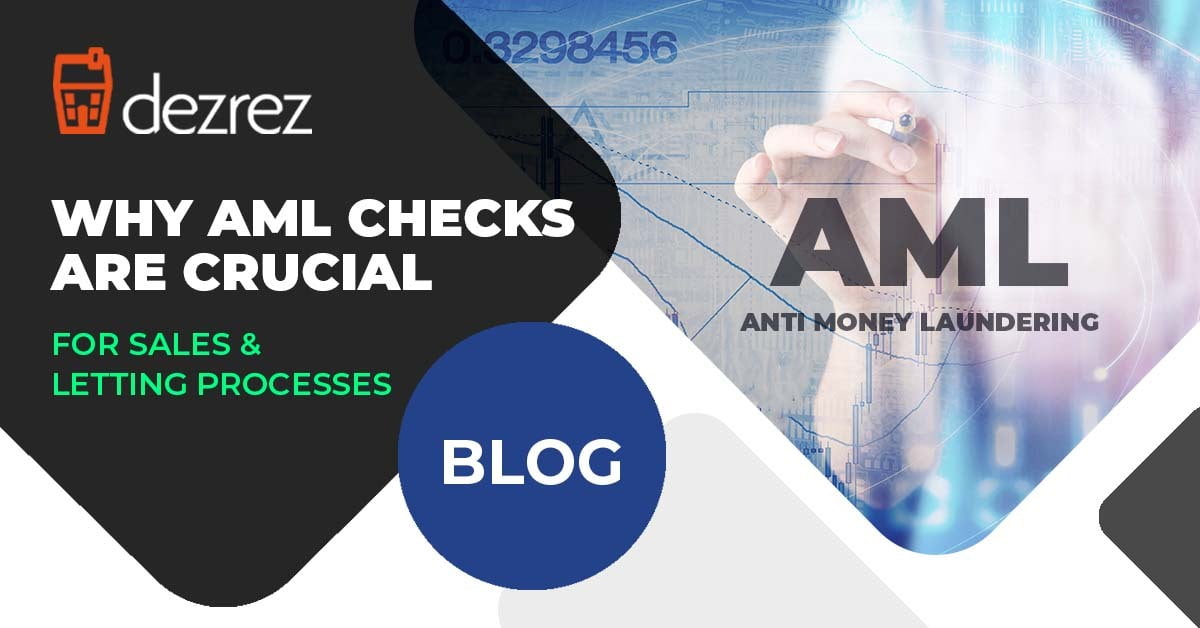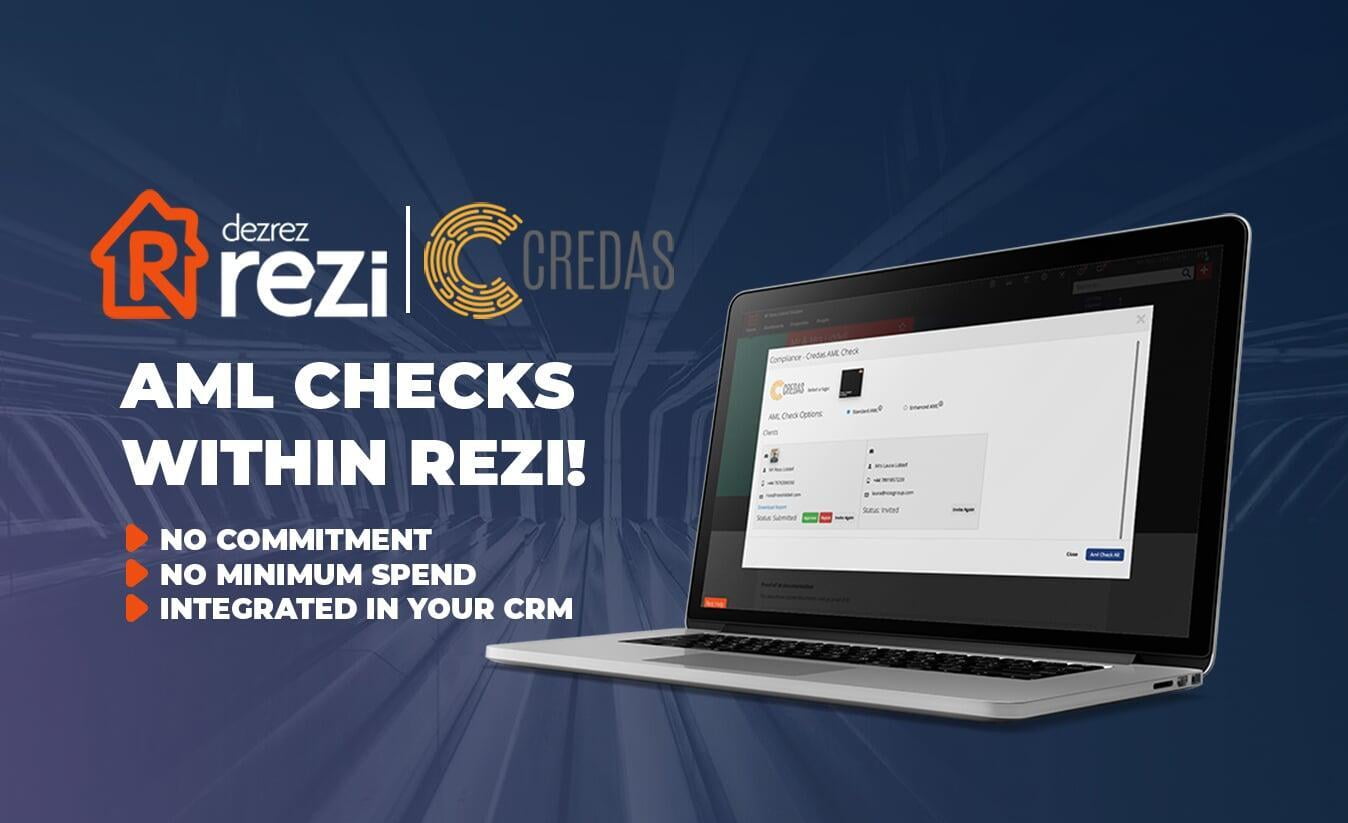All estate agents and estate agencies are required to undertake AML checks for every property transaction that goes through their practice, but what exactly is an AML check, and why is it a crucial step in estate agency's sales and lettings processes?
What is AML?
What is due diligence?
What is the difference between a KYC and an AML?
AML vs. GDPR
How do AML checks work?
- Name, Date of Birth and Address verification.
- ID verification, including biometric facial recognition.
- Name, Date of Birth and Address verification.
- ID verification using biometric facial recognition.
- PEP checks on a client and their families.
- Sanction checks across multiple databases.
- Known as Deceased checks.
AML risk assessments
- The size of your business.
- The transactions which your agency handles (ie: sales/ lettings).
- The types of customer you have (ie: cash buyers).
- How money is transferred through your estate agency business.
- Whether your client or the property they're interested in has a beneficial owner.





